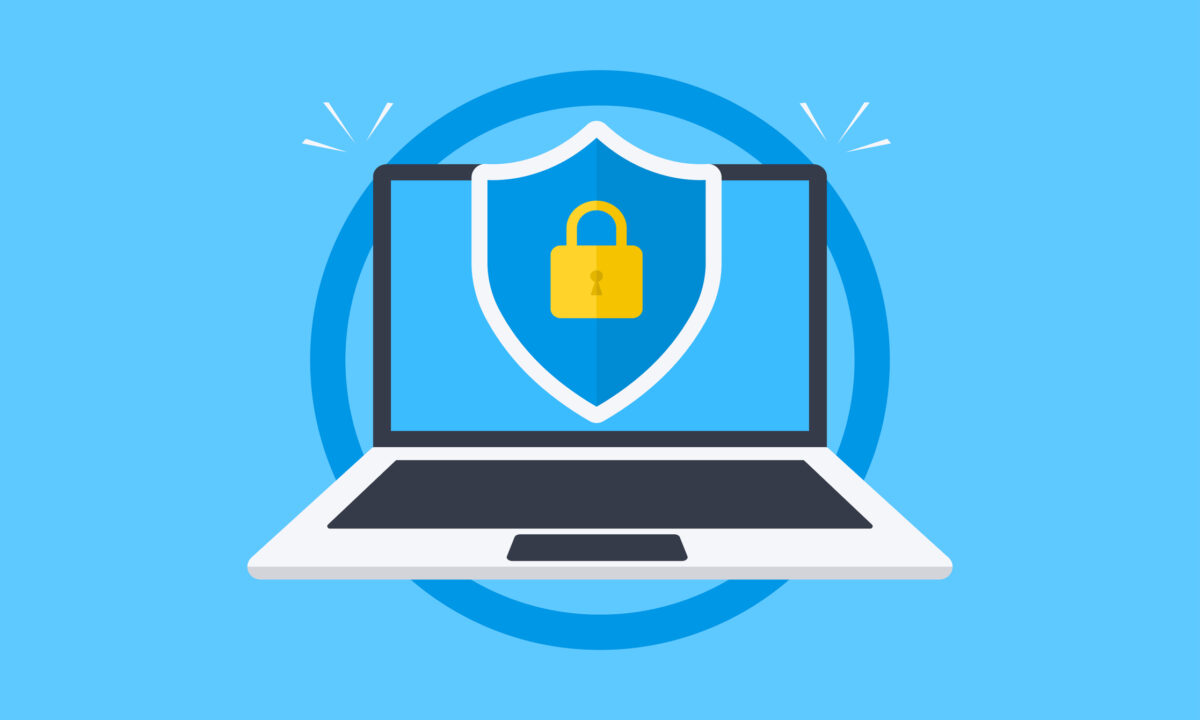
At eVision Digital, we take the security and trust of our clients seriously. Over time, several clients have reported suspicious calls, emails, and mail notifications, and we want to ensure you’re always informed and protected. Below are some common scams to be aware of, along with tips to help you avoid falling victim to them.
If you ever receive a call, email, letter, or notification that seems off, please contact us to confirm its legitimacy before taking any action.
Phone Call Scams
Recently, a client informed us that they received a call from someone claiming to work with the company that created our website. This caller offered website updates and claimed that Jennifer no longer worked there and that he was the new point of contact.
Let us be clear:
Jennifer is still here and isn’t going anywhere! Unless the call is coming from Jennifer or someone you are familiar with on her team, you should assume it is not legitimate.
Mail Scams: Domain Name Renewals
Some clients have received physical letters warning them about upcoming domain name renewals. While these look official, many are simply clever marketing solicitations, not actual invoices. They often include fine print stating, “This is not a bill.”
If we manage your domain:
- You’re all set! There’s nothing you need to worry about.
If you manage your own domain:
- Double-check who your domain is registered with. Reputable companies include GoDaddy, Network Solutions, Bluehost, and IONOS.
- Only make payments to companies you recognize.
If you’re unsure who manages your domain, contact us and we’ll look it up for you.
Common scam letters to toss immediately:
- “Domain Name Services” letters
- “Domain Registry of America” letters
Email Scams
Email scams are among the most common forms of cyberattacks, aiming to trick recipients into giving away sensitive info or installing malware.
Red Flags to Watch For:
- A false sense of urgency (e.g., “Act now or lose access!”)
- Requests for personal or login information
- Emails with suspicious attachments
- Prompts to call unfamiliar numbers
- Links to fake websites that mimic legitimate ones
Other Warning Signs:
- Poor grammar and spelling
- Generic greetings (“Dear Customer”)
- Strange sender addresses or mismatched domains
- Threats to suspend accounts
- Offers that seem too good to be true
When in doubt: Don’t click, don’t reply, and don’t download. Instead, contact and forward the email to us so we can help verify it.
Facebook Scams
A common scam we’ve seen is the “Facebook Page Shut Down” notice – either via email or direct message. It claims that your page violated a policy and is about to be removed unless you click a link to resolve it.
Do not click these links.
These messages are phishing attempts designed to steal your login credentials. Facebook typically notifies users within their platform for any real issues. If you’re ever unsure, let us take a look before you act.
Final Reminder
Your safety and peace of mind matter to us. If something feels off, trust your instincts and verify with us first.
Reach out to us for any questions or concerns related to potential scams.
Stay alert. Stay safe.